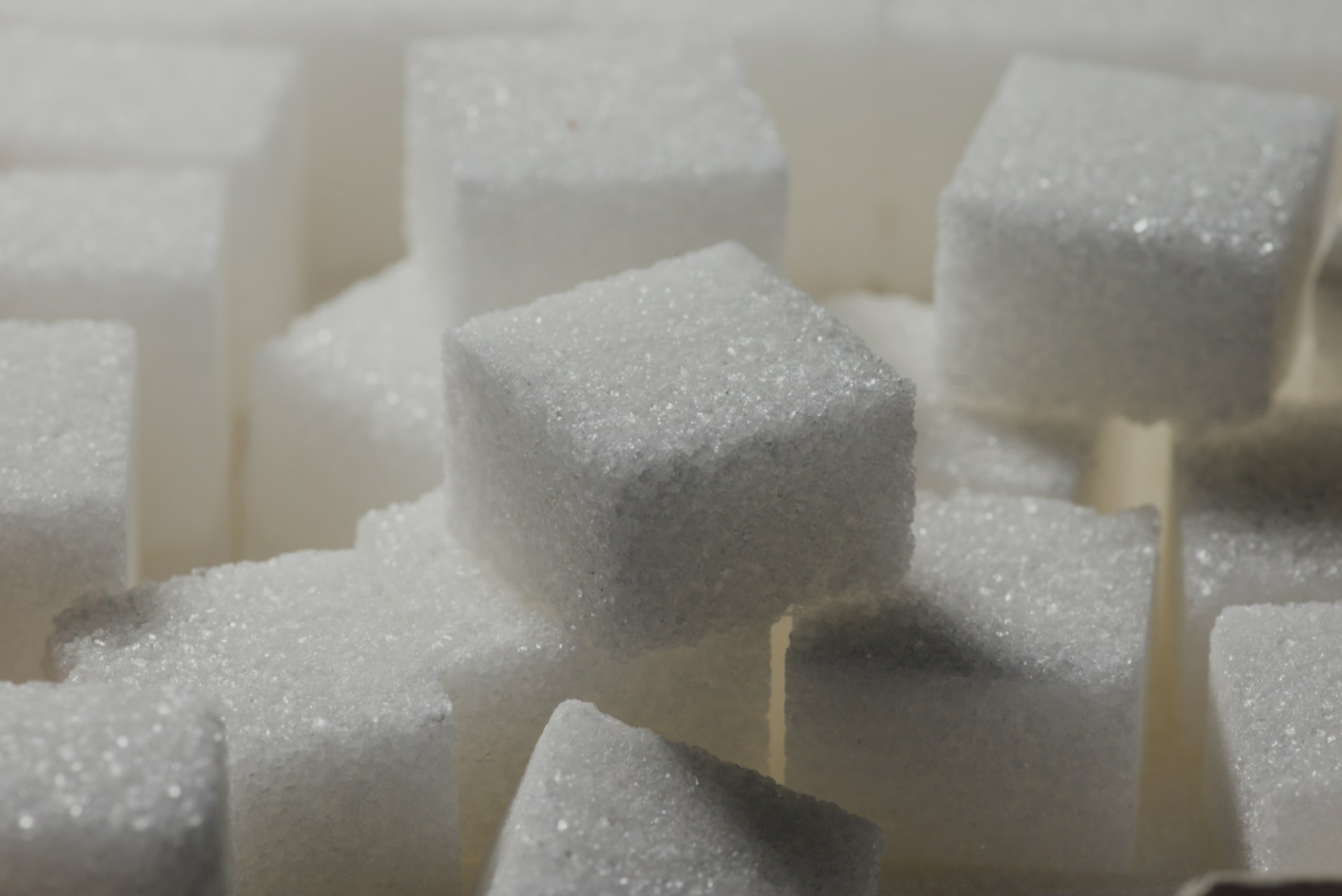Find articles on products of interest

United States Herbs, Spices & Seasonings insights
Get key United States Herbs, Spices & Seasonings insights with essential news and commentary from industry experts to understand market trends and seize opportunities.
5306 content(s) found
Featured contents
Explore the latest trends and current events for United States Herbs, Spices & Seasonings.
Opinion
Discover expert opinions and insights on trending agricultural topics on United States Herbs, Spices & Seasonings, delivered by our global team of market analysts.
On-the-Ground Updates
Stay informed with near real-time updates on market conditions, supply chain disruptions, and pricing shifts for United States Herbs, Spices & Seasonings, powered by insights from our on-site experts.
News
Stay up-to-date with the latest agricultural news, covering policy changes, business insights, technological innovations, and market trends impacting United States Herbs, Spices & Seasonings.
Weekly Product Updates
Get premium weekly updates on trending United States Herbs, Spices & Seasonings topics and key products, presented by our expert global analysts.
Report
Deep dive into detailed reports covering major trends, emerging opportunities, and critical challenges in United States Herbs, Spices & Seasonings.

Trending topics
Select a topic to explore related articles on key issues of United States Herbs, Spices & Seasonings.

Market & Price Trends
Stay informed on local and global agricultural market trends, price movements, and industry events that affect your business

Sustainability & Environmental Impact
Gain insights into sustainable agricultural practices and explore the best methods to minimize environmental impact in your agribusiness

Regulation & Compliances
Learn about key trade policies, legal requirements, and compliance considerations that impact global agricultural trade

Innovation & Technology
Discover how the latest innovations in technology are reshaping agri-food supply chains around the world

Emerging Market Opportunities
Be the first to explore new market opportunities and understand how they can affect your agribusiness

Supply Chain Management
Discover proven strategies to improve efficiency, reduce costs, and streamline operations throughtout your agri-food supply chain

Food Safety & Quality
Learn the top global practices for food safety and quality control from production and processing to storage and transport across the supply chain
Products of Herbs, Spices & Seasonings
Browse through various subcategories within the United States Herbs, Spices & Seasonings category. Click on any subcategory to discover a curated selection of insights tailored specifically to meet your business needs.
Categories of Herbs, Spices & Seasonings
Click on the related categories for United States Herbs, Spices & Seasonings. Click on any category to read a curated selection of insights specifically designed to address your business needs.
Market countries of Herbs, Spices & Seasonings
Choose a country to find Herbs, Spices & Seasonings insights of the country.
By clicking “Accept Cookies,” I agree to provide cookies for statistical and personalized preference purposes. To learn more about our cookies, please read our Privacy Policy.


















